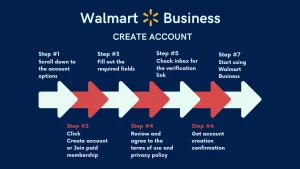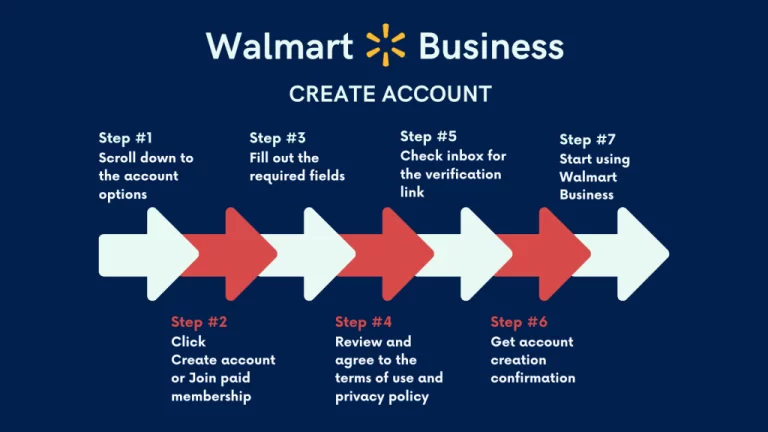In today’s rapidly changing job market, many individuals are considering unconventional career paths. One such path that has gained attention is a career in miscellaneous fields. The term “miscellaneous” refers to a diverse range of activities, tasks, or subjects that do not easily fit into a specific category. This article aims to explore the potential of pursuing a career in miscellaneous fields and whether it can be a viable and rewarding choice for individuals seeking a non-traditional career trajectory.
Defining Miscellaneous Careers
The term “miscellaneous” often carries a connotation of being unimportant or insignificant. However, in the context of careers, it encompasses a wide array of professions that may not fall within traditional or well-defined job categories. Miscellaneous careers can include roles such as freelance writing, consulting, event planning, personal coaching, and more. These professions may not fit neatly into established career paths but can offer unique opportunities for individuals to leverage their skills and interests in unconventional ways.
Flexibility and Variety
One of the key advantages of pursuing a career in miscellaneous fields is the flexibility and variety it offers. Unlike many traditional careers that follow a linear progression, miscellaneous careers often allow individuals to explore diverse interests and take on a range of projects. This can be particularly appealing to individuals who thrive in dynamic and ever-changing work environments. By engaging in different types of work, individuals can continuously develop new skills and expand their professional horizons.
Entrepreneurial Opportunities
Many miscellaneous careers lend themselves to entrepreneurial endeavors. For example, individuals working in miscellaneous fields may have the opportunity to start their own businesses, offer specialized services, or create niche products that cater to unique market demands. This entrepreneurial aspect can provide individuals with a high degree of autonomy and the ability to shape their careers according to their own vision and values.
Challenges and Uncertainty
While the prospect of pursuing a career in miscellaneous fields can be exciting, it also comes with its own set of challenges and uncertainties. Unlike traditional career paths that often come with clear trajectories and established norms, miscellaneous careers may lack structure and stability. Individuals may face fluctuations in income, irregular work schedules, and the need to constantly market themselves to secure new opportunities.
Skills and Adaptability
Success in miscellaneous careers often hinges on an individual’s ability to adapt to changing circumstances and cultivate a diverse set of skills. Those pursuing such careers must be adept at networking, marketing, time management, and self-promotion. Moreover, they may need to continuously update their skill set to remain competitive in the ever-evolving job market. While this demands a high degree of resilience and resourcefulness, it can also lead to personal and professional growth.
Work-Life Integration
For some individuals, a career in miscellaneous fields offers the potential for greater work-life integration. Unlike traditional 9-to5 jobs, miscellaneous careers may afford individuals the flexibility to set their own schedules, work from home, or pursue alternative work arrangements that align with their personal priorities. This can be especially appealing to those seeking a better balance between their professional and personal lives.
Market Demand and Job Outlook
Assessing the market demand and job outlook for miscellaneous careers can be challenging due to the diverse nature of these fields. The demand for individuals with skills in areas such as digital marketing, content creation, project management, and specialized consulting services is on the rise. However, it’s important for individuals considering a career in a miscellaneous field to thoroughly research the specific market demand for their chosen path and to stay informed about industry trends and developments.
Financial Considerations
Financial considerations are a crucial aspect of evaluating the viability of a career in miscellaneous fields. While some individuals in these careers can achieve substantial financial success, others may experience income volatility and uncertainty. It’s essential for individuals to carefully assess their financial situation, create a budget, and develop a long-term financial plan that accounts for potential fluctuations in income.
Building a Professional Network
Establishing and maintaining a strong professional network is particularly important for individuals pursuing miscellaneous careers. Networking can open doors to new opportunities, provide access to mentorship and guidance, and help individuals stay connected to industry trends and best practices. Networking can take various forms, including attending industry events, joining professional associations, and leveraging social media platforms to connect with peers and potential clients.
Personal Fulfillment and Passion
For many individuals, the decision to pursue a career in miscellaneous fields is driven by a deep sense of passion and a desire for personal fulfillment. These careers often afford individuals the opportunity to align their work with their personal values, interests, and passions. Whether it involves creative pursuits, community engagement, or making a positive impact, a career in miscellaneous fields can be deeply rewarding for those who find meaning and purpose in their work.
Conclusion
In conclusion, a career in miscellaneous fields can be a viable and fulfilling choice for individuals who are drawn to unconventional career paths and value flexibility, variety, and personal autonomy. While it comes with its own set of challenges and uncertainties, it also offers unique opportunities for professional and personal growth. Ultimately, the decision to pursue a career in miscellaneous fields should be carefully considered, with a focus on aligning one’s skills, interests, and values with the demands of the job market and personal aspirations.














+ There are no comments
Add yours